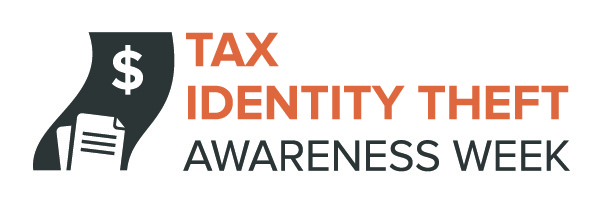It’s that time of year — tax time. It’s also a great time to get up to speed on tax-related scams. Here are two ways tax scammers might target you and what you can do about it:
Tax identity theft
This kind of identity theft happens when someone files a fake tax return using your personal information — like your Social Security number — to get a tax refund. Tax identity theft also happens when someone uses your Social Security number to get a job. You find out about it when you get a letter from the IRS saying:
- more than one tax return was filed in your name, or
- IRS records show wages from an employer you don’t know
If you get a letter like this, contact the IRS Identity Protection Specialized Unit at 800-908-4490. You can find more about tax identity theft at ftc.gov/taxidtheft and irs.gov/identitytheft.

IRS imposter scams
This time scammers aren’t pretending to be you — they’re posing as the IRS. They call you up saying you owe taxes, and threaten to arrest you if you don’t pay right away. They might know all or part of your Social Security number, and they can rig caller ID to make it look like the call is coming from Washington, DC – when it could be coming from anywhere. Leaving you no time to think, they tell you to put the money on a prepaid debit card and tell them the card number right away.
The real IRS won’t ask you to pay with prepaid debit cards or wire transfers, and won’t ask for a credit card number over the phone. When the IRS contacts people about unpaid taxes, they usually do it by mail. You can report IRS imposter scams to the Treasury Inspector General for Tax Administration (TIGTA) online or at 800-366-4484, and to the FTC at ftc.gov/complaint.
Visit IdentityTheft.gov
IdentityTheft.gov is the federal government’s one-stop resource to help you report and recover from identity theft. You can report identity theft, get step-by-step advice, sample letters, and your FTC Identity Theft Affidavit. These resources will help you fix problems caused by the identity theft.




